Essential Baby Care Tips for New Parents
Introduction
We have assembled ten critical pointers that each new parent ought to know about to help you take care of the universe of child care with affirmation and solace. Congrats on the introduction of your inestimable minimal one! It is typical to encounter a range of feelings as you set out on the astounding excursion that is parenthood, including satisfaction, fervor, and perhaps a sprinkle of dread. You are in good company on this journey, so you can relax.
Table of Contents
Creating a Safe Environment

- Childproofing the Home:
- Install safety gates at the top and bottom of stairs.
- Secure heavy furniture and electronics to prevent tipping.
- Use outlet covers and cabinet locks to keep curious little hands safe.
- Safe Sleep Practices:
- Place your baby on their back to sleep to reduce the risk of SIDS (Sudden Infant Death Syndrome).
- Ensure a firm mattress and avoid soft bedding, pillows, and toys in the crib.
- Keep the room at a comfortable temperature and dress your baby in breathable sleepwear.
Feeding Essentials

- Breastfeeding or Formula Feeding:
- Breastfeeding provides optimal nutrition and bonding opportunities for you and your baby.
- If breastfeeding isn’t possible, choose a formula that meets your baby’s nutritional needs.
- Feed your baby on demand, watching for hunger cues such as rooting or sucking on fists.
- Introducing Solids:
- Start introducing solid foods around six months of age, when your baby shows signs of readiness.
- Begin with single-ingredient purees such as mashed fruits or vegetables.
- Gradually introduce new foods while watching for any signs of allergies or intolerance.
Diapering Basics

- Choosing the Right Diapers:
- Disposable diapers are convenient, but cloth diapers save money and are more environmentally responsible. Try out many products to see which is most effective for your child.
- Diaper-Changing Tips:
- Change your baby’s diaper frequently, especially after feedings and bowel movements.
- Clean the diaper area gently but thoroughly with fragrance-free wipes, warm water and a soft cloth.
- Apply a diaper cream to prevent and soothe diaper rash, especially during prolonged diaper use.
Bathing and Hygiene

- Bathing Frequency:
- Bathe your baby two to three times a week to keep their skin clean without drying it out.
- Use lukewarm water and mild, fragrance-free baby soap to avoid irritation.
- Keep baths short and sweet, lasting no more than a few minutes, to prevent your baby from getting cold.
- Skin Care for Babies:
- Moisturize your baby’s skin with a gentle, hypoallergenic lotion after bath time.
- Pay special attention to folds and creases, such as behind the ears and in the diaper area, to prevent moisture-related issues like diaper rash.
- Choose clothing made from breathable, natural fibers like cotton to keep your baby comfortable and dry.
Sleeping Tips

- Establishing a Bedtime Routine:
- Create a soothing bedtime routine to help your baby wind down and prepare for sleep.
- Incorporate activities like a warm bath, gentle massage, or quiet storytime to signal that it’s time for sleep.
- Aim for consistency by following the same bedtime routine every night to help your baby establish healthy sleep habits.
- Creating a Conducive Sleep Environment:
- Keep the room dark, quiet, and comfortably cool to promote restful sleep.
- Use white noise or a sound machine to drown out household noises and create a calming atmosphere.
- Consider using a swaddle or sleep sack to help your baby feel secure and cozy during sleep.
Understanding Crying

- Deciphering Baby Cries:
- Babies cry to communicate their needs, whether they’re hungry, tired, uncomfortable, or in need of attention.
- Pay attention to the pitch, duration, and intensity of your baby’s cries to determine their meaning.
- Experiment with different soothing techniques, such as rocking, swaddling, or gentle motion, to calm your baby when they’re upset.
Health and Wellness

- Regular Check-ups:
- Schedule regular pediatrician appointments to monitor your baby’s growth and development.
- Follow the recommended vaccination schedule to protect your baby from serious illnesses.
- Trust your instincts and don’t hesitate to contact your pediatrician if you have any concerns about your baby’s health or well-being.
Bonding and Interaction

- Importance of Bonding:
- Bonding with your baby is crucial for their emotional and cognitive development.
- Spend quality time cuddling, talking, and playing with your baby to strengthen your bond.
- Engage in activities that stimulate your baby’s senses, such as reading colorful books, singing songs, or playing with age-appropriate toys.
Self-Care for Parents

- Prioritize Self-Care:
- Remember to take care of yourself physically, emotionally, and mentally amidst the demands of parenthood.
- Lean on your support system for help, and take breaks when needed to recharge and rejuvenate.
- Practice self-compassion, and don’t be too hard on yourself. Parenting is a journey filled with ups and downs, and it’s okay to ask for help when you need it.
Conclusion
Inviting another child into your life is an earth-shattering event loaded with adoration, happiness, and incalculable valuable minutes. By following these ten fundamental child care tips, you can explore the difficulties of life as a parent with certainty and effortlessness, guaranteeing the wellbeing, joy, and prosperity of your little one constantly.
FAQs
How frequently would it be a good idea for me to wash my infant?
Washing your infant a few times each week is adequate to keep them clean without drying out their sensitive skin.
When would it be a good idea for me to acquaint my child with strong food varieties?
Strong food sources can be presented to a child by a child close to a half-year-old when they give indications of their status, for example, staying up with help and showing interest in food.
How might I let you know if my child is getting sufficient breast milk?
Signs that your child is getting sufficient breast milk include customary weight gain, at least six wet diapers daily, and satisfaction between feedings.
How would it be a good idea for me to respond on the off chance that my child has a fever?
If your child has a fever, counsel your pediatrician quickly for direction on the most proficient method to deal with their side effects and when to look for clinical consideration.
Is it typical for my infant to rest a great deal?
Indeed, it’s typical for babies to rest for extended periods, awakening at regular intervals for feedings. However long your child is taken care of well and putting on weight, their rest designs are probably within ordinary reach.
Share this content:

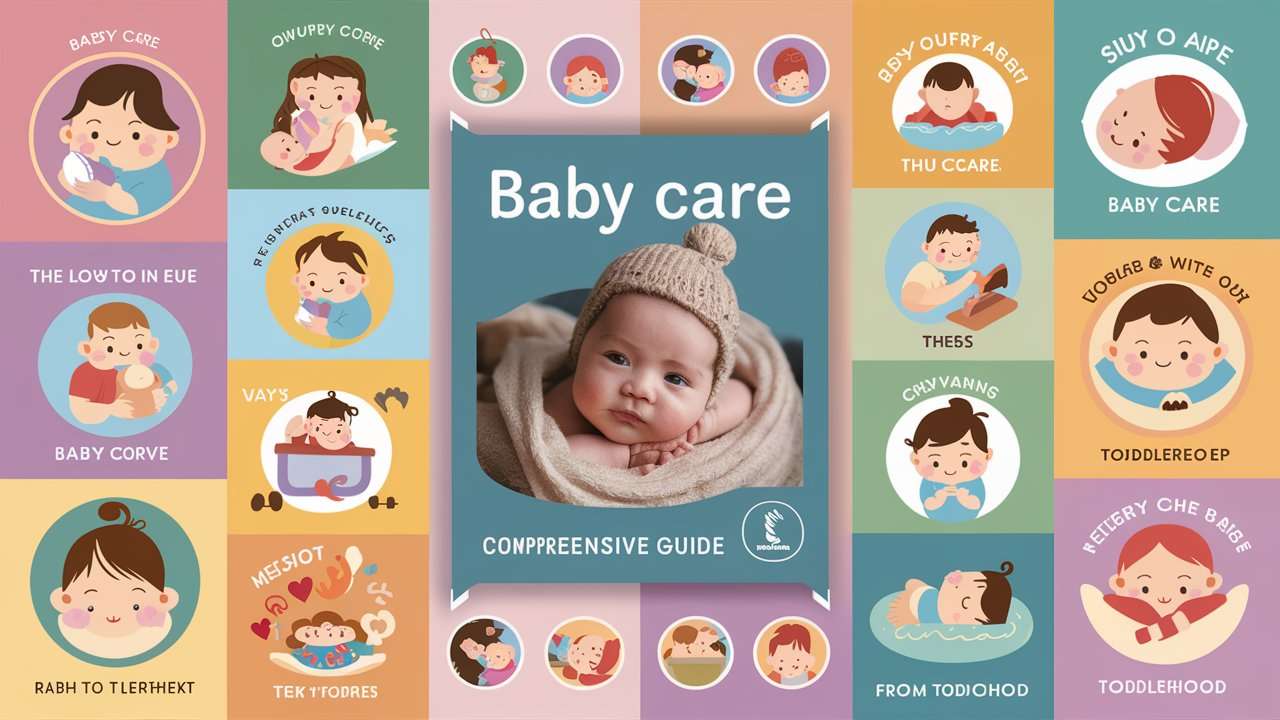

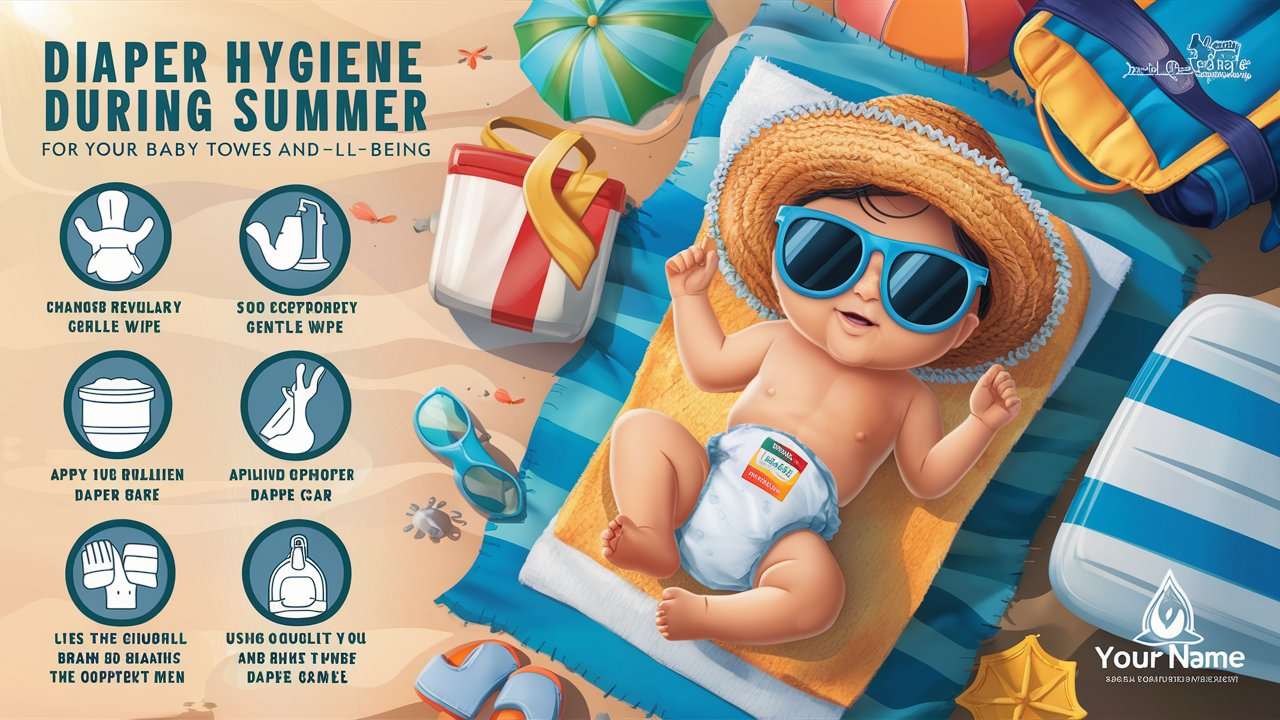
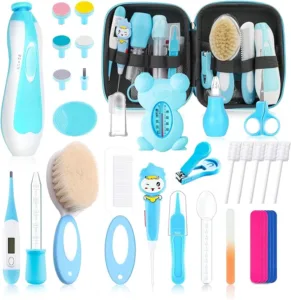


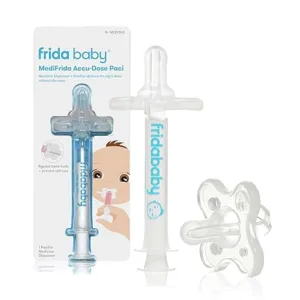
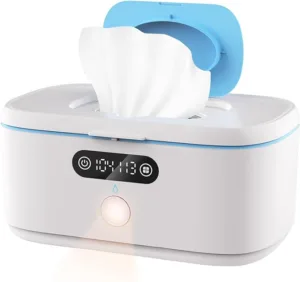
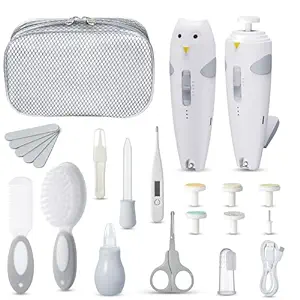
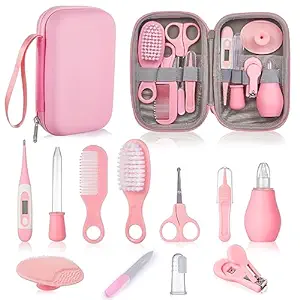
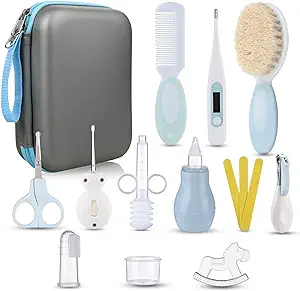

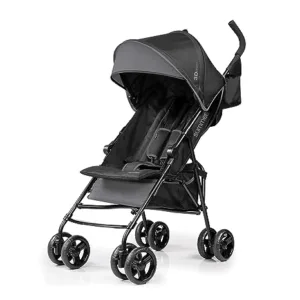
Post Comment